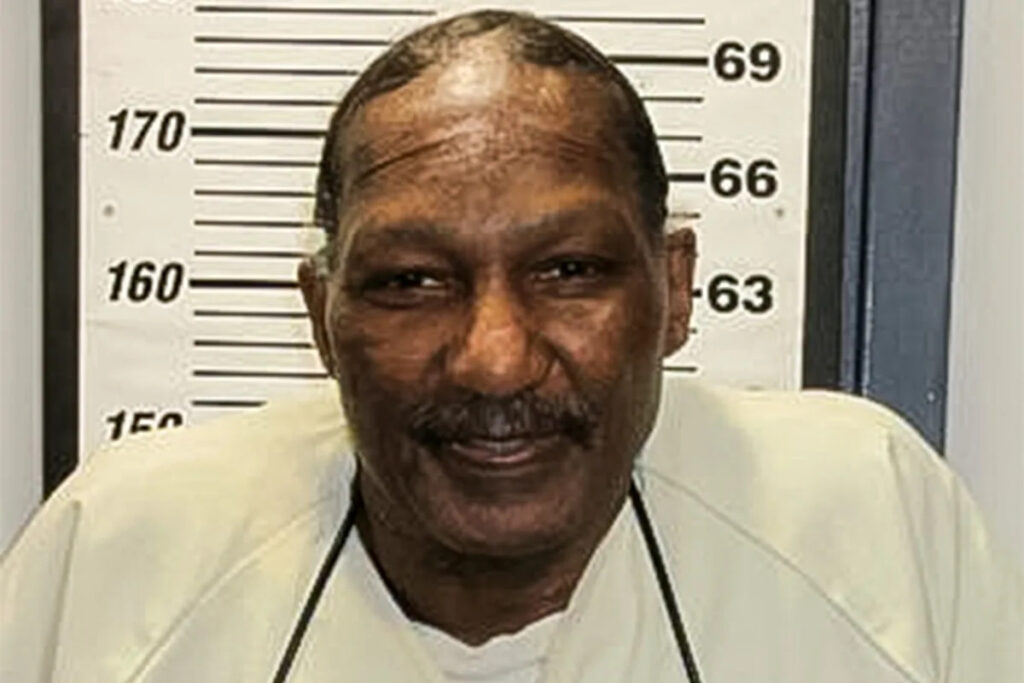NEED TO KNOW
-
Byron Black, sentenced to death in the killings of his girlfriend Angela Clay and her two children under 10, was executed Tuesday in Tennessee at age 69
-
His heart device remained active despite legal challenges
-
Witnesses say he cried out in pain during lethal injection and said “It’s hurting so bad”
A 69-year-old Tennessee inmate was executed by lethal injection Tuesday morning — despite warnings from doctors and advocates that his heart device could repeatedly shock him during the process.
Byron Black, who was convicted of the 1988 murders of his girlfriend Angela Clay and her two young daughters, ages 6 and 9, was pronounced dead at 10:43 a.m. local time at the Riverbend Maximum Security Institution in Nashville, per the Associated Press. He had no last words.
According to multiple witness accounts, Black groaned, gasped and appeared to be in visible distress during the execution. At one point, he reportedly cried out, “It’s hurting so bad,” per the outlet.
For weeks leading up to the execution, Black’s attorneys fought to have his implantable cardioverter defibrillator — a medical device meant to shock the heart when its rhythm becomes irregular — deactivated, per The Washington Post. They argued the device could override the effects of the lethal injection drugs and trigger repeated, painful shocks as he died.
Google Maps
Riverbend Maximum Security Institution
“I interpret that my client was tortured today,” Black’s attorney, Kelley Henry, told NBC News.
Before the execution, a lower court agreed and ordered the device shut off, according to the AP, but Tennessee’s Supreme Court overturned the decision, ruling the judge lacked authority to intervene.
Meanwhile, Nashville General Hospital — where Black’s device had been implanted — stated it never agreed to deactivate it and declined to participate, citing ethical concerns, according to The Washington Post.
Black’s legal team also sought clemency, citing his diagnoses of intellectual disability, heart failure, kidney failure and progressive dementia, the AP reported. He was wheelchair-bound at the time of his death and had spent more than three decades on death row, per the outlet.

Tennessee State Department of Correction
Want to keep up with the latest crime coverage? Sign up for PEOPLE’s free True Crime newsletter for breaking crime news, ongoing trial coverage and details of intriguing unsolved cases.
Black’s final appeals, per the outlet, were denied by both the U.S. Supreme Court and Tennessee Gov. Bill Lee.
After the execution, Black’s attorneys said they plan to request a full autopsy and access to the defibrillator’s internal data to determine whether it discharged during the procedure, per the Associated Press.
Black was the second person executed in Tennessee this year, following the resumption of executions after a pause owing to problems with its lethal injection protocols. Legal experts and advocacy groups told The Washington Post that Black’s case may be the first documented instance of a U.S. execution proceeding with an active implantable defibrillator still in place.
Read the original article on People

